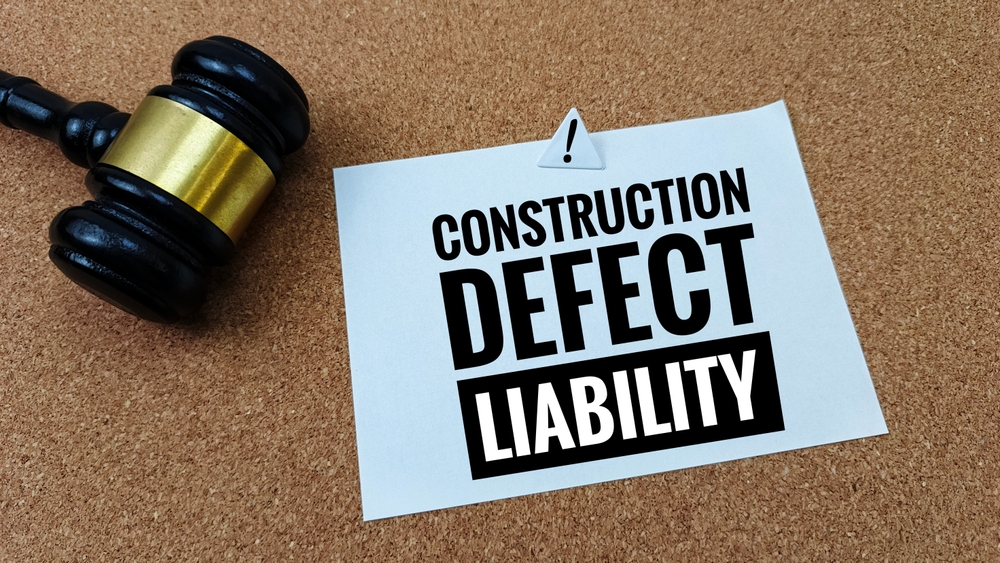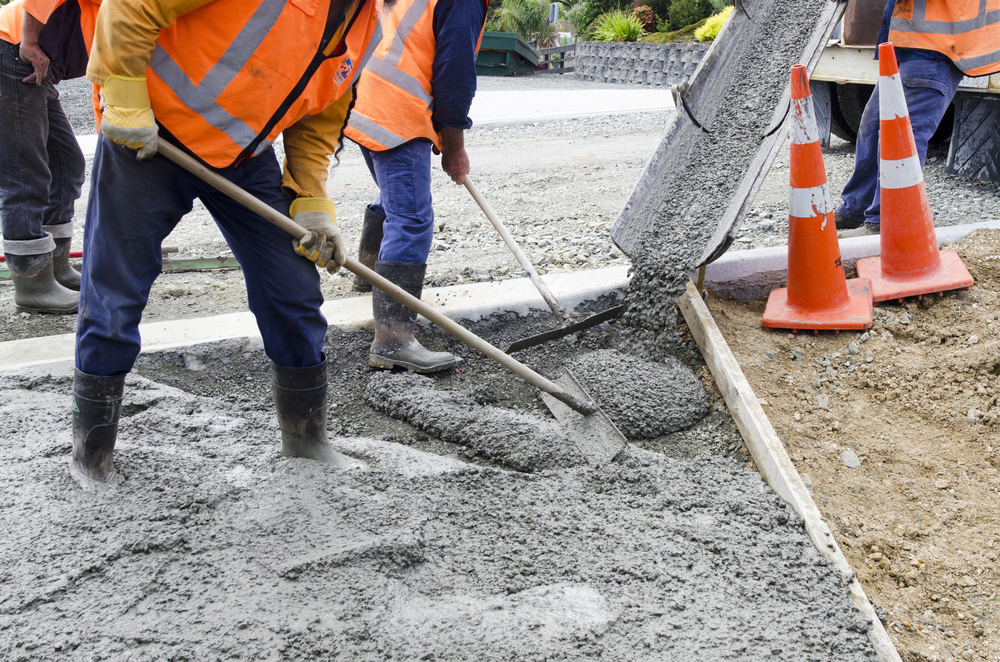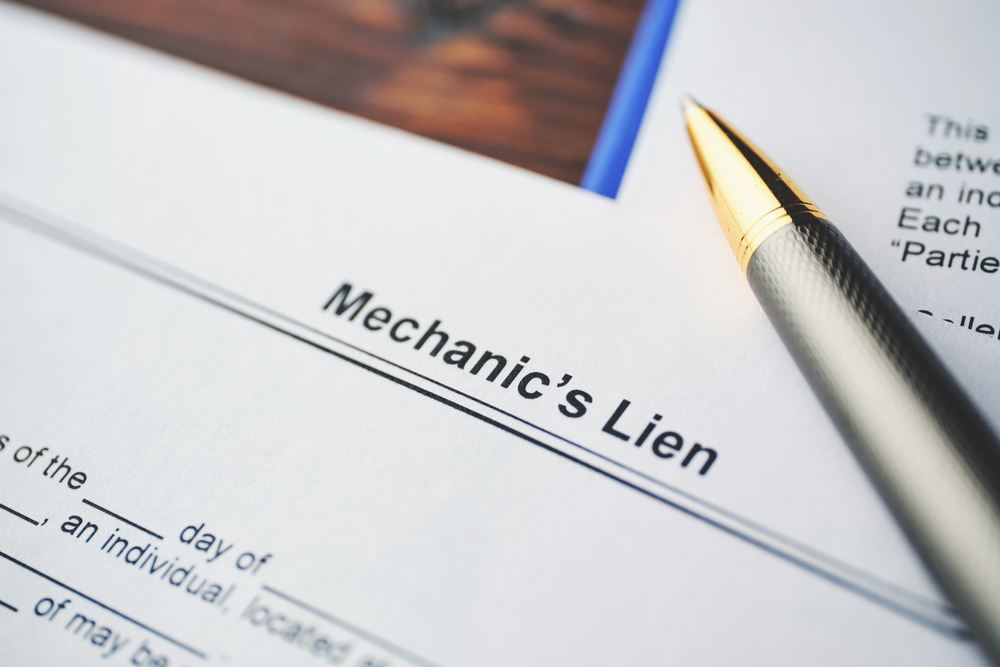

The general rule when it comes to public entities (city, state, and federal governments) is that they are immune from being sued or having any legal action taken against them. This concept is known as governmental immunity, and it applies to the idea of governmental immunity, which applies to liens as well. If you are owed money for labor as well. Supplied to a public project you cannot file a lien against government property. The law provides another remedy for a lien claimant to secure the amounts they are owed.
The Miller Act is the law that allows contractors who are owed money for labor and/or materials supplied to federal projects to secure the amounts they are owed. Here is how the Miller Act works, on all federal projects over $150,000 the general contractor is required to provide a payment bond for the full project amount. The payment bond guarantees that everyone who provides labor and materials to a federal project will be paid in full, even if the general contractor fails to pay them. Although there are steps, you have to take in order to be entitled to this security.
In order to have a valid bond claim on federal projects, you must send notice of unpaid amounts within 90 days of the last work or material supplied. Although not required by law, I recommend sending a copy of the notice of unpaid amounts to the bond company. If you remain unpaid after you send your notice, you are entitled to sue the bond company to seek enforcement of your bond claim.
Most states have what is referred to a little Miller act for bond claims for projects for the city or state governments. This means that the rules for flinging bond claims on public works projects at the city or state level are the same as the federal rules.
Although the process is different from filing a lien, you still have the same lien type protections for public works projects. If you have been unpaid for work done or materials supplied for a public works project, give us a call at 713-715-7334, and we can discuss all of your options.
Karalynn Cromeens is the Owner and Managing Partner of The Cromeens Law Firm, PLLC, with over 17 years of experience in construction, real estate, and business law. A published author and passionate advocate for contractors, she has dedicated her career to protecting the businesses her clients have built. Karalynn is on a mission to educate subcontractors on their legal rights, which inspired her books Quit Getting Screwed and Quit Getting Stiffed, as well as her podcast and The Subcontractor Institute.

